Exploring the World of Specialty Screws: A Guide to Their Types and Uses
Created at : Oct 6, 2023
Screws are an integral part of our daily lives, holding together everything from furniture and electronics to construction materials. While most people are familiar with common screw types like Phillips or flathead screws, there exists a diverse world of specialty screws designed for specific applications.
What Are Specialty Screws?
Specialty screws are a category of fasteners engineered for specific tasks and applications. Unlike standard screws, which are versatile and widely used, specialty screws are designed to meet unique requirements, such as enhanced durability, security, or compatibility with specific materials. These screws often feature specialized head designs, threads, and materials to suit their intended purpose.
Types of Specialty Screws
Security Screws:
- Security screws are engineered to deter tampering and unauthorized access. They typically have unconventional head designs, making them difficult to remove without specialized tools. Examples include Torx, Tri-wing, and Snake Eye screws, which are often used in sensitive environments like electronic devices or public infrastructure.
Deck Screws:
- Deck screws are specially designed for outdoor applications, such as constructing decks, fences, or garden structures. They have corrosion-resistant coatings and unique thread designs that provide superior grip and durability in wood and composite materials.
Concrete Screws:
- Concrete screws, also known as masonry screws or Tapcon screws, are used to fasten objects to concrete, brick, or block surfaces. They have hardened steel bodies and specialized threads that create a strong bond with masonry materials.
Drywall Screws:
- Drywall screws have a coarse thread and fine-tipped design, making them ideal for securing drywall panels to wooden or metal studs. Their sharp points help prevent the paper face of drywall from tearing.
Machine Screws:
- Machine screws are used to fasten metal components together. They come in various head types, including Phillips, slotted, and hex, and are commonly found in automotive and machinery applications.
Wood Screws:
- Wood screws are designed for use in wooden materials. They feature a sharp, tapered point and coarse threads for easy penetration and strong grip. Types like wood deck screws and wood-to-wood screws cater to specific woodworking needs.
Self-Drilling Screws:
- Self-drilling screws, also known as Tek screws, combine drilling and fastening in one step. They are often used in metal-to-metal applications, such as roofing and metal framing.
Electronic Screws:
- Electronic screws are tiny, specialized fasteners used in electronic devices and gadgets. They come in various sizes and shapes, such as micro Phillips or miniature Torx screws, to accommodate the small-scale requirements of electronics assembly.
Aerospace Screws:
- Aerospace screws are engineered to meet strict standards for use in aircraft and spacecraft. They are made from lightweight yet high-strength materials like titanium and are designed to withstand extreme conditions.
Conclusion
Specialty screws are the unsung heroes of construction, manufacturing, and countless other industries. They cater to specific needs and play a crucial role in ensuring the integrity, safety, and functionality of various products and structures. Understanding the different types of specialty screws and their respective applications is essential for anyone working in these fields, as it allows for more precise and effective fastening solutions. So, the next time you encounter a unique screw head or thread design, you'll know that it serves a special purpose in the intricate world of specialty screws.
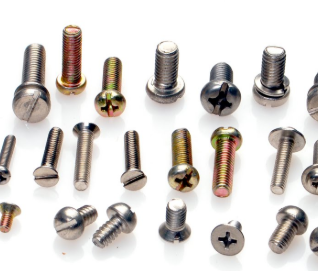 SCREWS
SCREWS
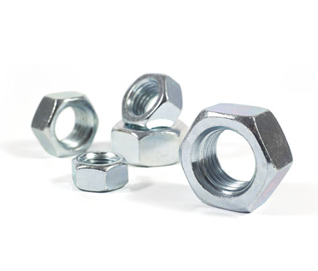 NUTS
NUTS
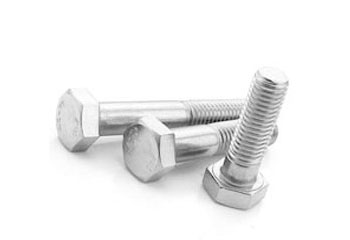 BOLTS
BOLTS
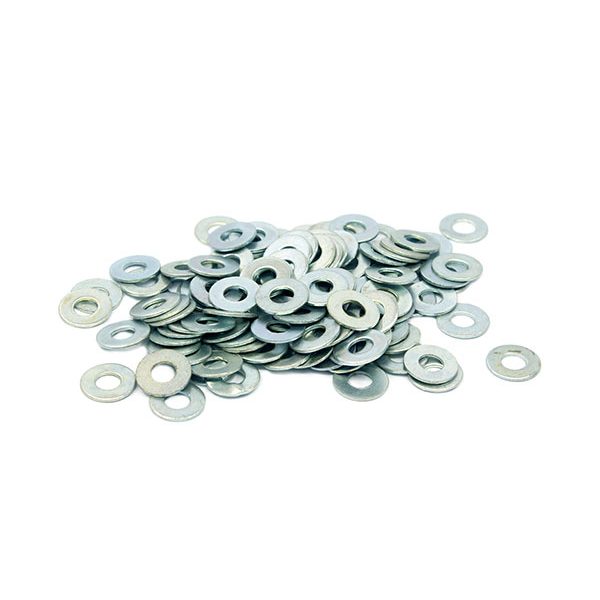 WASHERS
WASHERS
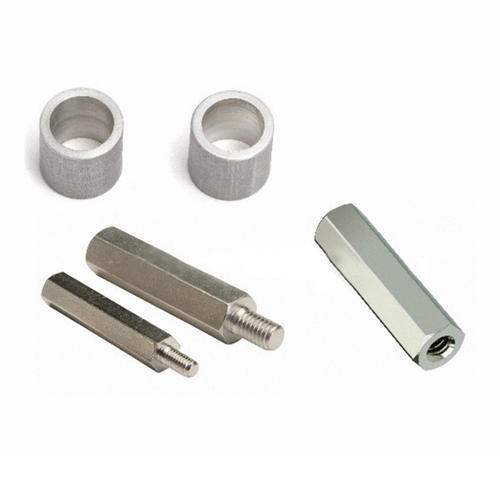 SPACERS & STANDOFFS
SPACERS & STANDOFFS
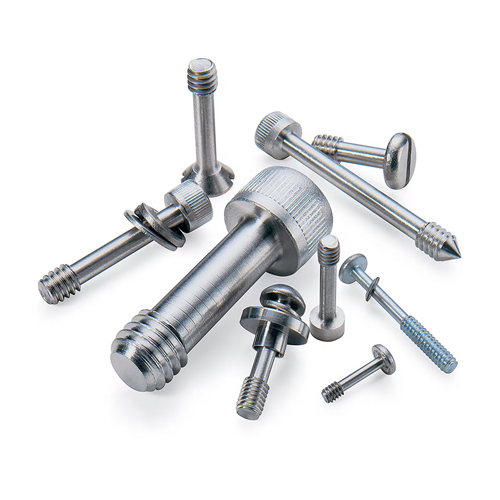 PRECISION/CUSTOM PARTS
PRECISION/CUSTOM PARTS
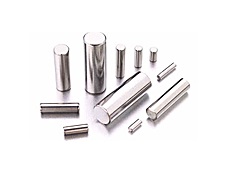 PINS
PINS
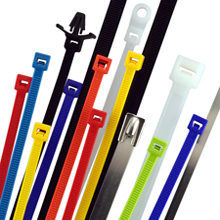 WIRE HANDLING
WIRE HANDLING
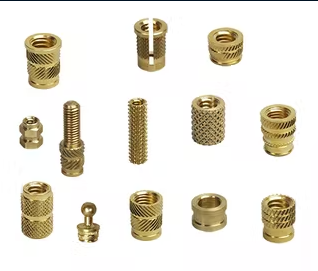 INSERTS
INSERTS
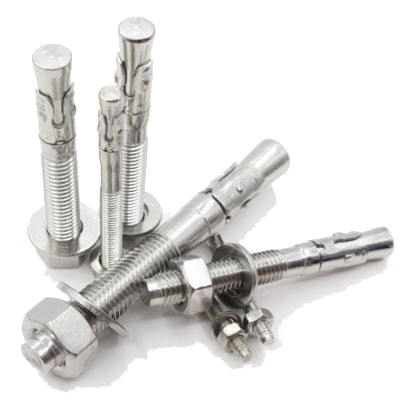 ANCHORS
ANCHORS
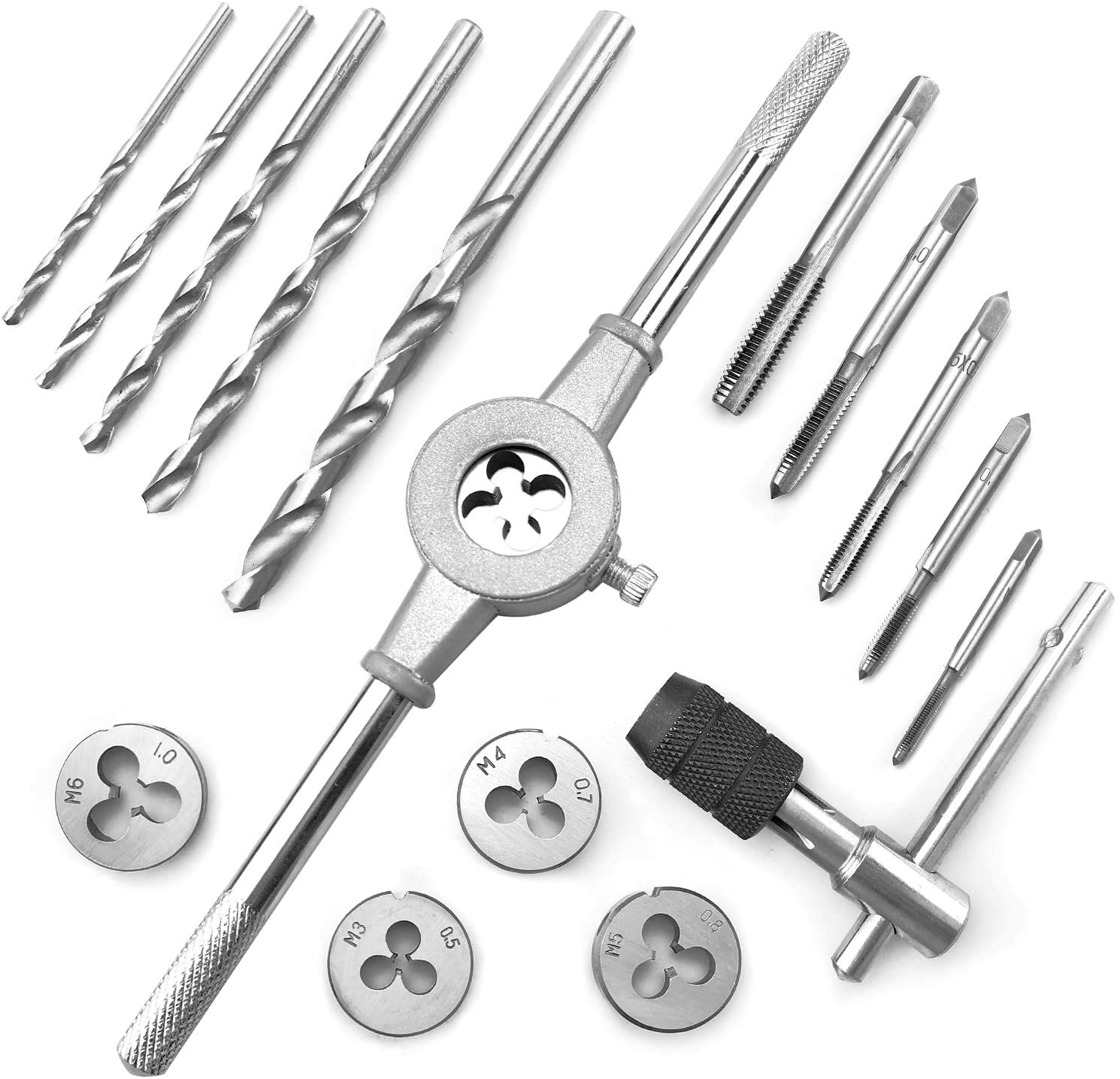 DRILL BITS, TAPS, & DIES
DRILL BITS, TAPS, & DIES
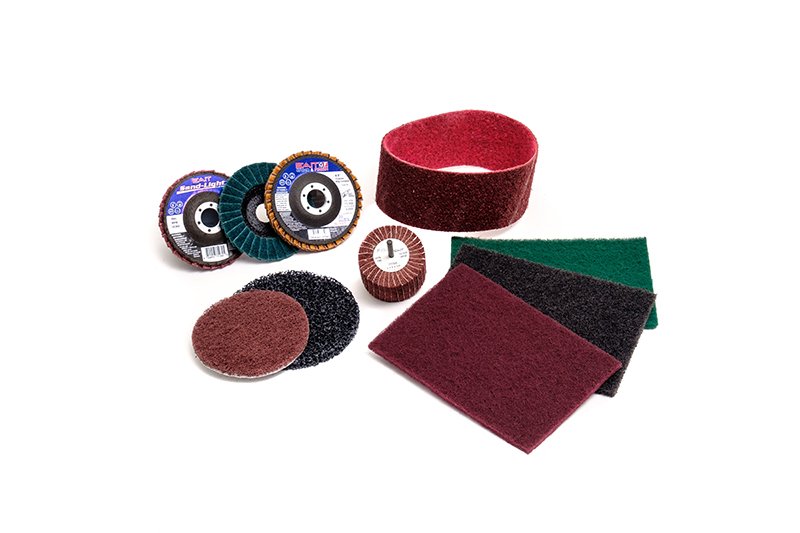 ABRASIVES & SAWBLADES
ABRASIVES & SAWBLADES
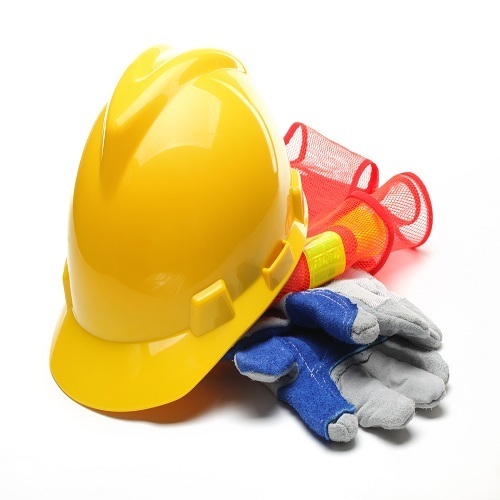 SAFETY EQUIP.
SAFETY EQUIP.
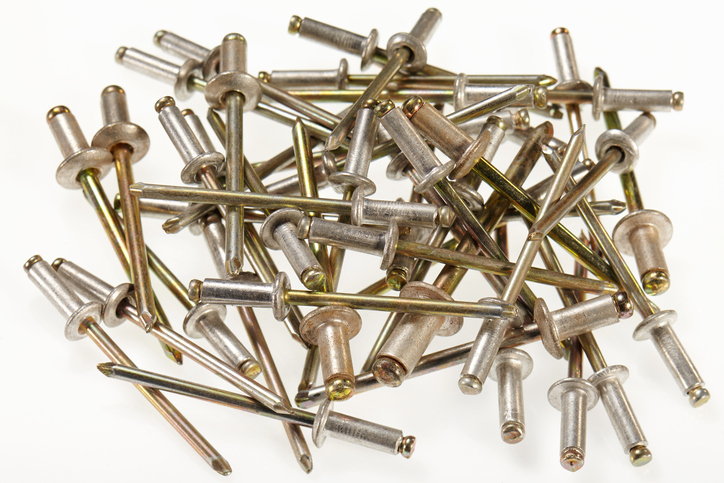 MISC.
MISC.
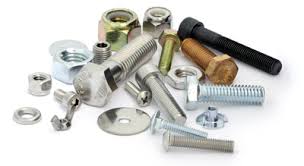 MATERIAL TYPES
MATERIAL TYPES
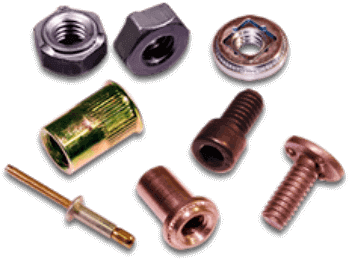 PLATING TYPES
PLATING TYPES